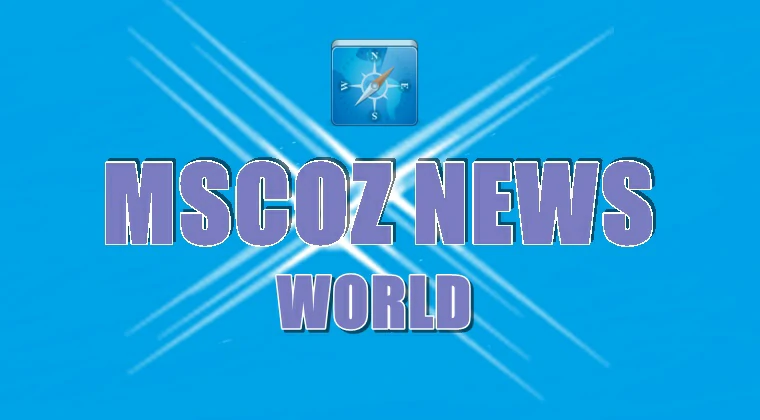The US airstrikes on Iran’s Fordo, Natanz and Isfahan nuclear facilities on June 22, 2025 have received various reactions from around the world. A summary of these reactions is provided below:
- Positive and Supportive Reactions
Israel: Israeli Prime Minister Benjamin Netanyahu congratulated the attacks, stating that they will contribute to a “prosperous and peaceful future” for the Middle East and the world. Israeli President Isaac Herzog described the attacks as “historic and courageous” and argued that Iran’s nuclear program had suffered a serious blow.
UK: Prime Minister Keir Starmer stated that Iran’s nuclear program poses a threat to international security and said that the US was taking action to mitigate this threat. He called on Iran to return to the negotiating table.
Italy: Foreign Minister Antonio Tajani stated that the attack caused great damage to Iran’s nuclear weapons production, while Defense Minister Guido Crosetto expressed hope that tensions would ease.
Germany: Prime Minister Friedrich Merz called on Iran to immediately begin negotiations with the US and Israel, and called for a diplomatic resolution of the conflict.
- Reactions Expressing Condemnation and Concern
Iran: Iranian Foreign Minister Abbas Arakchi described the US attacks as “disgraceful” and a serious violation of international law, warning that they would have “lasting consequences.” Iran stated that it reserved the right to defend itself under the UN Charter. President Masoud Pezeshkian argued that the US was the main factor behind the Israeli attacks.
Türkiye: President Recep Tayyip Erdoğan had previously condemned Israel’s attacks on Iran and expressed concern about increasing instability in the region. The Turkish Foreign Ministry noted that the risk of the conflict spreading after the US attacks has reached “the highest level”, called on the parties to act responsibly and expressed that Turkey is ready to make a constructive contribution.
Russia: Security Council Vice President Dmitry Medvedev stated that the US attacks did not significantly affect Iran’s nuclear infrastructure, but Israel remained under attack. He argued that the majority of the world’s countries oppose the US and Israeli actions.
Kuwait: The Foreign Ministry stated that the attacks pose a serious threat to the region and the world, are a violation of international law and called for moderation.
Saudi Arabia: Condemned the violation of Iran’s sovereignty and called for a political solution.
Qatar: Warned that the attacks could have disastrous consequences.
Pakistan: Condemned the US attacks and stated that Iran has the right to defend itself under the UN Charter.
Oman: Described the attacks as a violation of the UN Charter and drew attention to the risk of the war spreading.
Iraq: Stated that the attacks threaten peace in the Middle East and put regional stability at risk.
Chile, Cuba, Venezuela, Colombia: Strongly condemned the attacks.
Houthis (Yemen): They stated that they fully support Iran and will respond to US attacks in a way that will protect Iran’s sovereignty.
China, Russia, North Korea, Pakistan: They previously announced that they would provide military support to Iran against Israel’s attacks on Iran.
- Impartial and Diplomatic Responses
United Nations (UN): Secretary-General Antonio Guterres previously condemned the escalation of tensions against Israel’s attacks on Iran and called for restraint.
International Atomic Energy Agency (IAEA): It reported that no radiation leaks were detected at the Fordo, Natanz and Isfahan facilities following the attacks. The agency said it would continue to monitor the situation closely and drew attention to the risks to nuclear security.
European Union (EU): High Representative for Foreign Affairs Kaja Kallas emphasized that Iran should not have nuclear weapons and called on all parties to return to the negotiating table.
United Arab Emirates (UAE): Emphasizing diplomacy and respect for international law, it stated that confrontational language should be avoided.
- General Assessment
The attacks have caused deep divisions in the international community. While the US and Israel’s allies support the attacks, viewing them as a threat to Iran’s nuclear program, many countries have condemned the attacks as a violation of international law and a threat to regional stability. Most countries have called for a solution through diplomacy and dialogue. Iran’s threat of retaliation and the risk of escalating tensions in the region have increased international concerns.
Source: Musitem Haber





